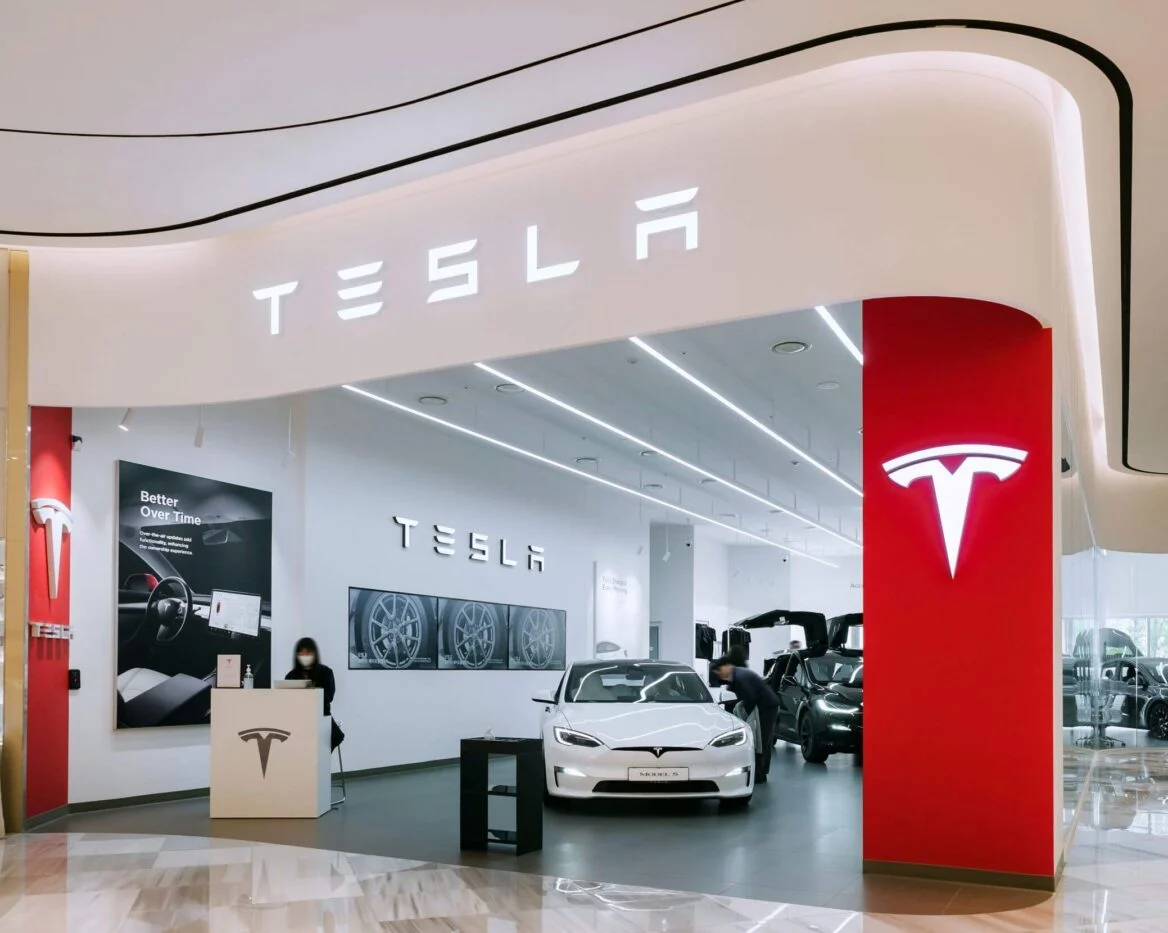TLDR Tesla shares fell 13% in November as retail investors continued buying during the decline A Delaware Supreme Court ruling on Musk’s 2018 pay package could trigger a $26 billion profit hit The potential charge equals more than half of Tesla’s total net income since becoming profitable in 2019 Tesla stock trades at 180 times estimated 2026 earnings compared to 25 times for tech peers Retail investors rotated into Tesla and tech stocks this week before Thursday’s market reversal Tesla shares extended their November slide as retail investors who purchased during the dip now face mounting losses. The stock closed Thursday at $395. 04, marking a 13% decline for the month. Tesla, Inc., TSLA Through Friday, Tesla stock was down approximately 2% year to date. The shares have gained 16% over the trailing 12 months. JPMorgan data shows retail investors actively bought Tesla shares this week. They pulled money from healthcare, industrials, and consumer staples to fund purchases in tech stocks. The buying strategy worked well throughout 2025 until this week. Thursday’s market reversal left many retail investors holding losses on recent purchases. Delaware Court Decision Looms Large Tesla faces a more pressing financial concern than short-term stock movements. The Delaware Supreme Court will soon rule on Musk’s 2018 compensation package. A lower court invalidated the package last year. The judge ruled that negotiations were compromised due to board members’ ties to Musk and their own excessive compensation. If Tesla loses its appeal, the company must account for a replacement stock package at current prices. This creates a $26 billion charge that would hit profits over two years. The amount represents more than half of Tesla’s cumulative net income since 2019. That’s when the company first became profitable. Tesla would need to recognize the expense by August 2027. Spreading $26 billion over eight quarters means $3. 25 billion per quarter in charges. This quarterly expense exceeds Tesla’s actual net income in 21 of the last 25 quarters. The impact would be substantial on reported earnings. Accounting Rules Create Profit Pressure Tesla doesn’t need to pay cash for the stock compensation. The company can simply issue new shares to Musk. However, accounting standards require booking stock compensation as an expense. The logic is that Tesla could have sold those shares on the open market instead. If the Delaware Supreme Court sides with Tesla, Musk keeps his 2018 stock options. The company would avoid additional accounting charges. Those options are currently valued at $116 billion. Brian Dunn from Cornell University said the profit impact signals poor board oversight. He described it as a wealth transfer from shareholders to the company’s largest shareholder. Valuation Gap Widens Tesla stock trades at a premium to tech industry peers. The company’s shares command 180 times estimated 2026 earnings. Amazon, Microsoft, Alphabet, and Meta Platforms trade for an average of 25 times earnings. These companies are building data centers for AI computing. Tesla is developing AI applications including self-driving cars and robots. Revenue from these products hasn’t materialized yet. The company currently faces headwinds from declining car sales. Electric vehicle subsidies are disappearing in key markets. Development costs for projects like humanoid robots continue rising. Tesla disclosed that a failed appeal could materially impact its business and earnings. The board has warned that losing the case might cause Musk to leave the company.
https://blockonomi.com/tesla-tsla-stock-the-26-billion-problem-nobodys-talking-about/
Tesla (TSLA) Stock: The $26 Billion Problem Nobody’s Talking About

Be First to Comment